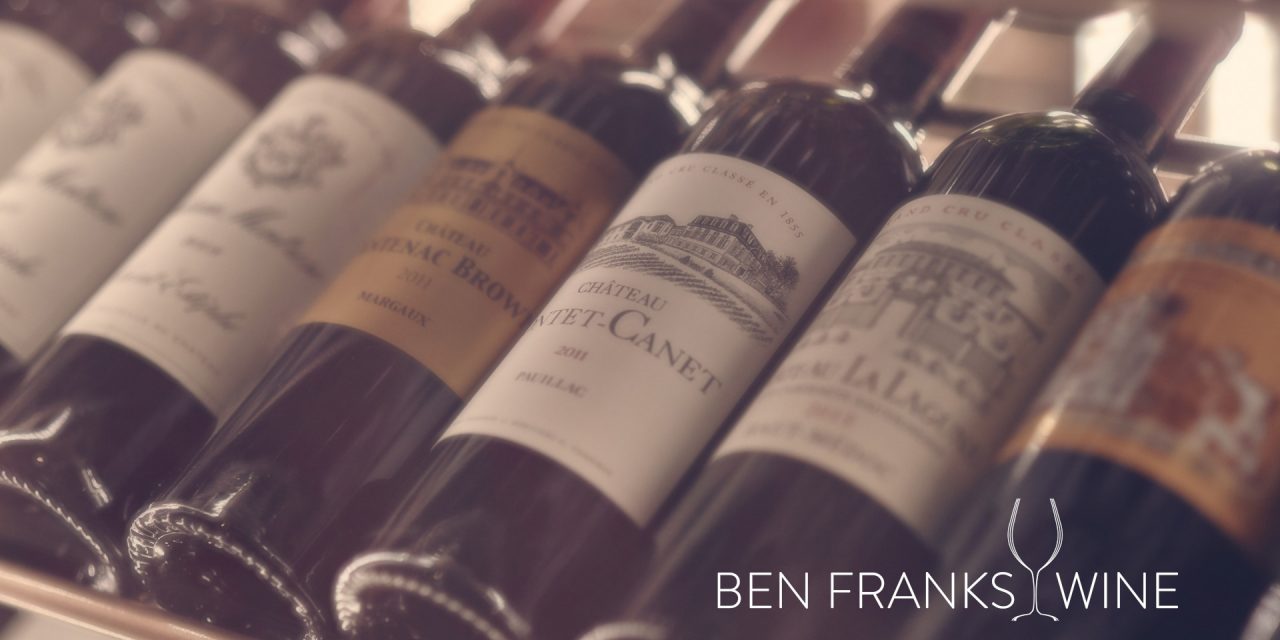Taking a moment to appreciate the wine you drink should be important for all of us who enjoy it. In Kris Pathirana‘s latest article for Ben Franks Wine, he reflects on the inspiration he had and lives by, and why we should sip our wines with the wider world in mind.
In today’s climate, it is impossible to open social media without being smothered by a deluge of content urging us to have more gratitude. As a rule, I tend to be suspicious of people who proclaim their humility loudly for those in the back, usually because the person they declare themselves to be, bears little resemblance to the person they are.
Even acts of charity have been commodified to the point that we no longer throw up in our own hand when we see ‘content creators’ posting themselves giving money to homeless people. Positive and selfless talk is big business in the way that positive and selfless action is not. So, it was inevitable that gratitude would be hijacked and commercialised by the Positivity Industrial Complex. Hash tag blessed.
At the top of the human Ponzi scheme, social media managers who rebranded as Spring Break Monks, plagiarise the perspective of actual thinkers and pass it off as their own. These appropriated soundbites then go down the wellness human centipede to be regurgitated by lifestyle influencers over snappy clips of deadlifts and overnight oats. Although it may seem an innocuous (but very on brand) issue to be irked by, what it comes down to is authenticity. If the language of positivity and gratitude is merely a hollow tool for the pursuit of social capital, then we should be increasingly wary of those who take something that should be free and try to charge people for it.
I say this as someone who is by no means immune to the appeal of wellness and self-improvement posts. Over the years, I have adopted thrice-weekly sauna visits, intermittent fasting, and cold plunges as the cure for all ills, based exclusively on two-minute reels and zero further research.
There are also people I admire who embrace positivity and have long recommended that I start every morning with an affirmation of gratitude. Suffice to say, positive self-talk is not my forte, perhaps because my own self-care spectrum is all stick and no carrot. Even when writing, my internal voice sounds like David Goggins, “On your feet, b*tch! I don’t care if it’s your f*cking birthday! Who’s going to carry the boats?!” (What boats?) Goggins is a man who has admitted that his work ethic and raison d’être is borne of self-loathing, which is why I find his authenticity beyond reproach. Whether you care for his schtick or not, he is who he says he is, unlike the ‘goes to Bali once’ appropriators suckling on the teat of Big Gratitude. However, as it turns out, I have been doing daily affirmations of gratitude without even realising.
I first came to the music of Warren Zevon by way of that swaggering Tom Cruise pool-hustling scene in Martin Scorsese’s The Color of Money. A problematic and contradictory rock star, Zevon’s hard-drinking, hell-raising lifestyle was well-documented, until his untimely death of cancer at 56. Zevon’s melodies were jaunty and whimsical, while his lyrics were morbidly hilarious, darkly profound, and as with most artists touched by genius, deceptively simple. Yet it was something spoken, not written, that has had the most enduring impact on me.
After Zevon’s diagnosis and knowing he had little time left, David Letterman asked if he had any deeper insight about life? Zevon replied humbly:
“Enjoy every sandwich.”
As someone, who often disappears into the miasma of his own neuroses, this simple phrase provided not only comfort, but a path. Upon rising every morning, I go to a nearby coffee shop, open my laptop and settle myself to write. When my oat flat white arrives, I take a moment to study how beautiful it looks. Baristas are basically modern-day sorcerers to me, which is why my algorithm believes that my primary kink is Korean latte art. I close my eyes, and inhale the deep, earthy, freshly brewed aroma. Every café has a different blend and therefore a different Proustian association. I feel the coffee’s warmth through the porcelain cup, before saying to myself, “Enjoy every sandwich.” Only then do I take a sip, letting the coffee coat the roof of my mouth, elongating the experience as long as I can, while I reiterate my good fortune to receive this profoundly simple pleasure. Only then do I start writing.
This morning ritual has unwittingly been my daily affirmation of gratitude for over a year. Perhaps it is the faint whiff of mortality that chimes, that gentle fingertip of death which reminds you that pleasure is finite. This cup will end. As will I. This is not a morbid musing but a motivational one. Life only means something because it ends, and any time there is an opportunity to rejoice in pleasure or people, we should cherish it.
But more importantly, when I hold that cup, I take a moment to acknowledge that I am a person who can afford to get rinsed to the tune of four pounds for a coffee. That coffee represents the fact that on a global scale, I am one of the lucky ones. Luckier by accident of birth than most of the people whose hands those coffee beans had to pass through to get to me. Switch that analogy to grapes and wine and that privilege doubles.
It is easy to get lost in the fetishisation of wine; to be so concerned with the minutiae, that we forget that we have the good fortune of drinking at all. The problem with becoming more discerning is you become more, well… discerning. It becomes harder to be impressed, or rather, we only want to be impressed. Good isn’t good anymore, good is underwhelming. We look for flaws, and often critique for what isn’t, instead of what it is. I first noticed this six months ago after opening a mid-level, but affordable Margaux; a bottle that three years ago would have had me in a state of rapture. Now, despite being well-made and eminently quaffable, I met it with a shrug of sheer indifference. It is one thing to develop a more complex palate, it is another to not appreciate a solid bottle of wine simply because it did not open Huxley’s Doors of Perception.
To remedy my own myopic lens, I began treating my evening wine like my morning coffee. But when I do, I seldom think romantically about the life cycle of a wine anymore. I think only of the people. As I swirl the wine around my glass, I think about what it took to get this wine into my glass. I think of the months of love and care that went into cultivating the vines that season, the thousands of hours of fruit pickers’ labour, and the fear of disaster that the winemakers will have lived with all year. I think about how drinking this wine connects me to those people in an odd way, like opening a book and being ushered into an author’s intimate world. Said pondering is primarily (but not exclusively) why I am one of those annoying people who continues to aerate, inhale and slurp throughout. Wine in its purest ideal can embody the best of us. Hard work, tradition, sustainability, ambition, growth, responsibility, curiosity, and most importantly… joy.
But beyond that, I settle on an uncomfortable reality; that a great many people involved in the making of the wine I am drinking, would be unable to sit in the wine bar that I am drinking it in. In the renowned wine-producing nation of Chile, 27% people are living in poverty. Over one in four. Some may dismiss this as poverty being relative, and that a non-English speaking country being poor is not news. To those I say, a) Put down the Daily Mail, and b) I lied. That’s not Chile… that’s London. The Joseph Rowntree Foundation found that over one in four people in London are living in poverty (while Chile has only 14.4%). For all the right-wing rhetoric of the liberal metropolitan elite, London, where most of the wine bars live, has the highest poverty rate in the UK.
It is an act of citizenship to acknowledge the inequity of the world around us. That any of us can choose to spend money on wine is a luxury compared to the vast majority of people on the planet, which, if you will permit me to be hoisted by my own petard… might be reason enough to consider kneeling at the altar of gratitude.
So, the next time you open a bottle that doesn’t set the hills alive with the sound of music, take a moment for a little perspective. Order more fries. Fries help. Play Werewolves of London in your head and, “Enjoy every bottle.”






